 Current trends that might or have already end up in a story or another take: How should fiction set in today’s times treat politics?
Current trends that might or have already end up in a story or another take: How should fiction set in today’s times treat politics?
XX
This month’s topic is a tough one, for a variety of reasons. Let’s take the last question first. Personally, unless you are writing non-fiction and essays aimed at informing people about current realities, I think it’s smarter to stay out of politics. At least the specific and often radical viewpoints. We no longer live in a society where civil debate is possible. 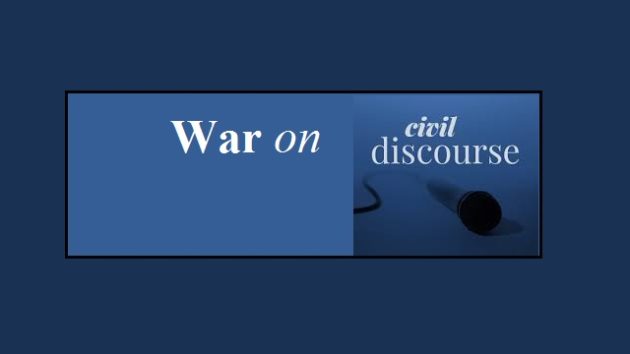 Take a stand and you are immediately demonized by those who disagree. No matter which side you’re on, a writer is bound to alienate half their readership by supporting or denying a current political reality. For instance, take a romance with a heroine who is adamantly pro-Trump, there are going to be huge numbers of women (the bulk of romance readership) who hate the heroine right from the start and aren’t likely to have any sympathy for whatever her conflict is. Portray a hero who thinks Ocasio-Cortez should be running for president and the push-back from the other side will be equally devastating.
Take a stand and you are immediately demonized by those who disagree. No matter which side you’re on, a writer is bound to alienate half their readership by supporting or denying a current political reality. For instance, take a romance with a heroine who is adamantly pro-Trump, there are going to be huge numbers of women (the bulk of romance readership) who hate the heroine right from the start and aren’t likely to have any sympathy for whatever her conflict is. Portray a hero who thinks Ocasio-Cortez should be running for president and the push-back from the other side will be equally devastating.
XX
 I happen to be interested in history and everything I’ve read informs me that socialism in all its manifestations has ruined every society and government that has embraced it, yet far too many people today know nothing of history and don’t care to learn, so the promises of increasingly left-leaning socialist candidates seem perfectly logical, humane and acceptable. There is no middle ground anymore and moderates are ignored or shouted down. Should an author include this current political trend in a novel, they’d have to take a side, and again, either way, they’d manage to alienate many of their readers. Best-selling author Suzanne Brockmann wrote a series
I happen to be interested in history and everything I’ve read informs me that socialism in all its manifestations has ruined every society and government that has embraced it, yet far too many people today know nothing of history and don’t care to learn, so the promises of increasingly left-leaning socialist candidates seem perfectly logical, humane and acceptable. There is no middle ground anymore and moderates are ignored or shouted down. Should an author include this current political trend in a novel, they’d have to take a side, and again, either way, they’d manage to alienate many of their readers. Best-selling author Suzanne Brockmann wrote a series 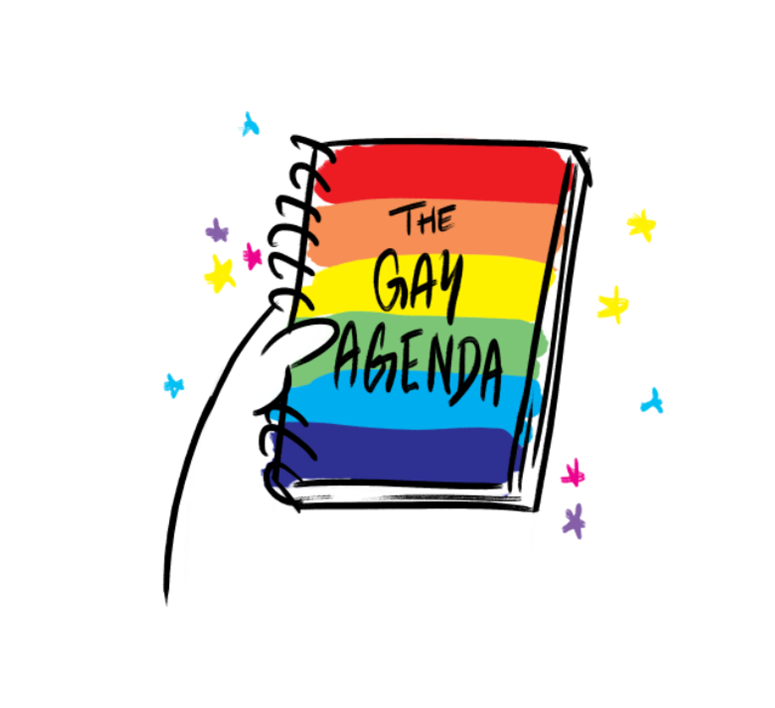 listed as romantic suspense that has a wonderful cast of characters, one of which happens to be gay. He was a delightful secondary character that most readers enjoyed having in the story. But then Ms. Brockmann began using her series as a platform to promote the gay lifestyle and the books began to feature love stories between gay men and include more graphic depictions of gay love. Many romance readers were turned off by that alone. Other readers were turned off by her using her best-selling series and status to promote an agenda they did not support or believe in. Given her millions of books sold and supported by a well-known publishing house, all those lost fans probably don’t worry her at all, but the same reactions could seriously impact a fledgling or struggling author.
listed as romantic suspense that has a wonderful cast of characters, one of which happens to be gay. He was a delightful secondary character that most readers enjoyed having in the story. But then Ms. Brockmann began using her series as a platform to promote the gay lifestyle and the books began to feature love stories between gay men and include more graphic depictions of gay love. Many romance readers were turned off by that alone. Other readers were turned off by her using her best-selling series and status to promote an agenda they did not support or believe in. Given her millions of books sold and supported by a well-known publishing house, all those lost fans probably don’t worry her at all, but the same reactions could seriously impact a fledgling or struggling author.
XX
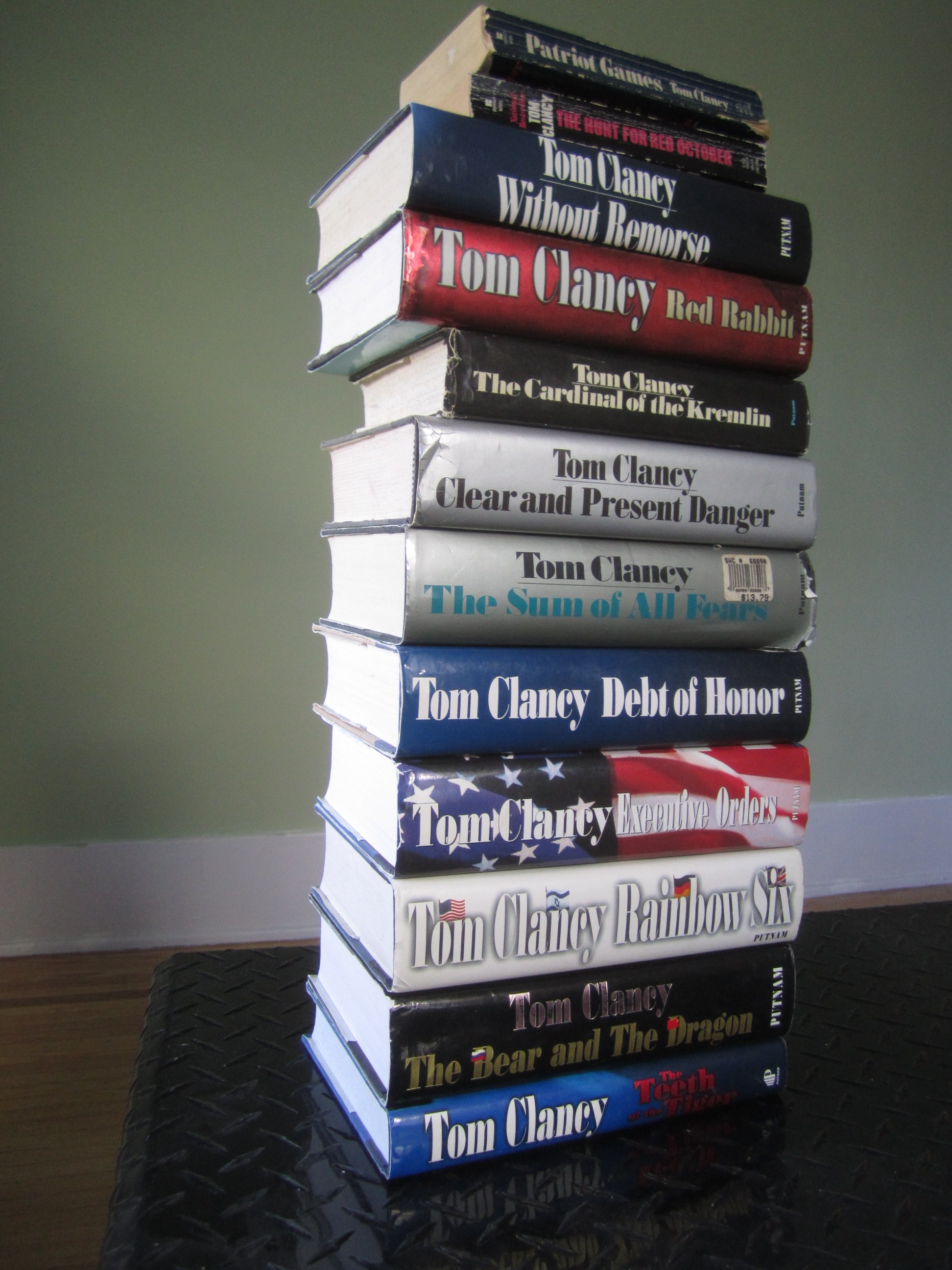 Some genre’s might not be such fertile ground for dissention. If you’re writing an international thriller, and your hero is a well-trained operative going after what most of us consider a terrorist the reader is more than likely to be on his side from page one. Sci-fi and paranormal are already outside the realm of reality and young adult is mostly focused on the issues of coming of age teens and twenty-somethings, so perhaps none of those get close enough to the issues that inflame. Historical fiction is totally unbound by current trends except where an author needs to skim over realities that would offend today’s sensibilities. And then there are niche genres: military, law enforcement, etc., that already have the dedicated support of those who read that kind of story, and have no issues with the stand taken.
Some genre’s might not be such fertile ground for dissention. If you’re writing an international thriller, and your hero is a well-trained operative going after what most of us consider a terrorist the reader is more than likely to be on his side from page one. Sci-fi and paranormal are already outside the realm of reality and young adult is mostly focused on the issues of coming of age teens and twenty-somethings, so perhaps none of those get close enough to the issues that inflame. Historical fiction is totally unbound by current trends except where an author needs to skim over realities that would offend today’s sensibilities. And then there are niche genres: military, law enforcement, etc., that already have the dedicated support of those who read that kind of story, and have no issues with the stand taken.
XX
So, now to discuss the first part of this month’s topic: Current trends. The biggest problem with any current trend is just that it is current. Meaning before long it will not be current. Is the trend the major source of conflict in the story? Will it even be relevant in a year or two or ten? Should a writer consider how long their book will be timely? Will the story still be compelling when trend changes? Perhaps we all grow up thinking the world we know is more or less the way it always was before us and is unlikely to change, but just think about the difference in childhood alone.
XX
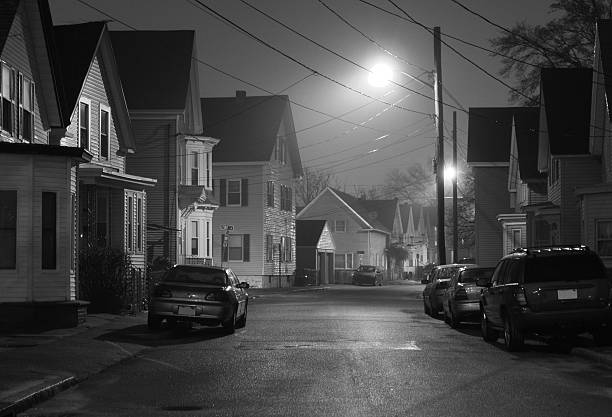 I’m old enough to remember leaving my house on a Saturday morning to explore any adventure that came my way, getting a PB&J from someone else’s mom, and not showing up at my own house again until the street lights came on. Mothers of today’s kids would be horrified by the idea. My mom would have been nonplussed by the trend of moms working unless they were teachers or nurses and even that was after their kids were school age. Today’s young mothers can’t conceive of staying home and interrupting their careers. Day care has become a norm and often its someone besides mom who feeds a child their first Cheerio or watches them take their first steps. I doubt the ways of my youth and that of my children will ever return, but what is the landscape going to look like in 10 or 15 years? In the 1960s nearly 95% of children were born to married couples. Today 40% are born to unmarried mothers. Perhaps the commitment of marriage will become a thing of the past as well.
I’m old enough to remember leaving my house on a Saturday morning to explore any adventure that came my way, getting a PB&J from someone else’s mom, and not showing up at my own house again until the street lights came on. Mothers of today’s kids would be horrified by the idea. My mom would have been nonplussed by the trend of moms working unless they were teachers or nurses and even that was after their kids were school age. Today’s young mothers can’t conceive of staying home and interrupting their careers. Day care has become a norm and often its someone besides mom who feeds a child their first Cheerio or watches them take their first steps. I doubt the ways of my youth and that of my children will ever return, but what is the landscape going to look like in 10 or 15 years? In the 1960s nearly 95% of children were born to married couples. Today 40% are born to unmarried mothers. Perhaps the commitment of marriage will become a thing of the past as well.
XX
 Some of today’s trends provide the conflict for the story. Fifty years ago, it would not have been possible to write a successful story with a hero who disrespected law enforcement, nor a heroine soldier often separated from her husband and children by deployments to a war zone, nor a gay couple fostering troubled teens, -- all good themes with strong conflict and hopefully satisfying resolutions.
Some of today’s trends provide the conflict for the story. Fifty years ago, it would not have been possible to write a successful story with a hero who disrespected law enforcement, nor a heroine soldier often separated from her husband and children by deployments to a war zone, nor a gay couple fostering troubled teens, -- all good themes with strong conflict and hopefully satisfying resolutions.
XX
 But the hardest trend of all for a writer to overcome are the expectations of instant gratification that our rapidly changing world of technology has fostered. Gone with the Wind and so many other great classics would never have made it to print had they been written today. Everyone carries a mini-computer in their pocket with instant access to just about anything. Television caters to this with constant action, skipping over the slow and boring realities of whatever story they are telling. We have come to expect everything in our lives to happen right now, including being captivated by a story in a book. A writer can’t spend a whole chapter or even a whole page setting the scene. Instead he or she must open with something happening – the inciting incident – and fill in the scene setting details afterward as sparingly as possible without
But the hardest trend of all for a writer to overcome are the expectations of instant gratification that our rapidly changing world of technology has fostered. Gone with the Wind and so many other great classics would never have made it to print had they been written today. Everyone carries a mini-computer in their pocket with instant access to just about anything. Television caters to this with constant action, skipping over the slow and boring realities of whatever story they are telling. We have come to expect everything in our lives to happen right now, including being captivated by a story in a book. A writer can’t spend a whole chapter or even a whole page setting the scene. Instead he or she must open with something happening – the inciting incident – and fill in the scene setting details afterward as sparingly as possible without  leaving the reader no anchor for their imagination. Just like with dating – once a careful courting, getting to know one another, culminating in the kiss and then the sex (or originally the wedding first.) Now sex seems to drive the process and shows up at the first meeting. Our stories need to have that same heart-pounding, cliff-hanging intensity right from the first page and don’t let up or give the reader any chance to put the book down in favor of a video game or something on reality TV.
leaving the reader no anchor for their imagination. Just like with dating – once a careful courting, getting to know one another, culminating in the kiss and then the sex (or originally the wedding first.) Now sex seems to drive the process and shows up at the first meeting. Our stories need to have that same heart-pounding, cliff-hanging intensity right from the first page and don’t let up or give the reader any chance to put the book down in favor of a video game or something on reality TV.
XX
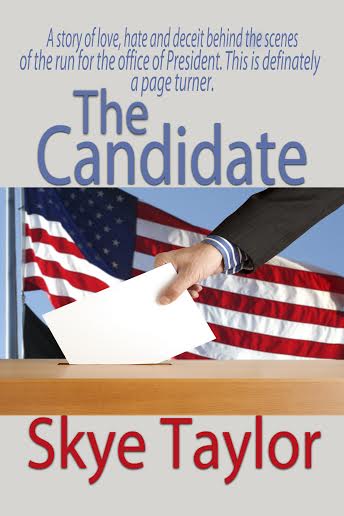 In my own writing, I’ve tried to follow my own advice. Even my political suspense is actually less about politics than it is about one man’s struggle with a personal issue, his own integrity and standing up for what he believes is right. My contemporary romance series is about people. About a family and the interactions. Set against the backdrop of a small coastal town where most people think they’d enjoy living or at least visiting. The issues my law enforcement hero deals with on the job aren’t a statement about current anything, and my heroine coping with PTSD could be anyone dealing with trauma and the impact it has on personal and family life. My new series, murder mysteries, will hopefully continue to avoid divisive issues and just give my readers a
In my own writing, I’ve tried to follow my own advice. Even my political suspense is actually less about politics than it is about one man’s struggle with a personal issue, his own integrity and standing up for what he believes is right. My contemporary romance series is about people. About a family and the interactions. Set against the backdrop of a small coastal town where most people think they’d enjoy living or at least visiting. The issues my law enforcement hero deals with on the job aren’t a statement about current anything, and my heroine coping with PTSD could be anyone dealing with trauma and the impact it has on personal and family life. My new series, murder mysteries, will hopefully continue to avoid divisive issues and just give my readers a
XX
Hop on over to see what wisdom these writers offer:
Connie Vines
Dr. Bob Rich
Fiona McGier
Rhobin Courtright
Judith Copek